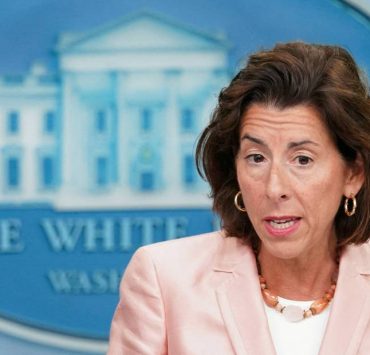Safer campuses and safer futures

One of the first concepts that is instilled among aspiring educators is “in loco parentis,” which translates to “in place of the parents.” It is a legal doctrine that gives teachers and schools both the duty and responsibility to act in the capacity of a parent while a student is in their care. This means that schools and teachers must take the necessary steps to ensure the students’ well-being, including protecting them from foreseeable harm and providing them with a safe place to learn.
It is disheartening to find out how some schools are not only failing to safeguard the children they swore to protect, but they are inadvertently creating a pattern that is enabling the harm to continue. Last International Women’s Day, a coalition formed by student advocates demonstrated outside the Professional Regulation Commission and submitted a position paper seeking to amend Republic Act No. 11313, or the Safe Spaces Act (SSA). One of their demands is to revoke professional licenses and blacklist teachers who have been found guilty of sexually harassing students.
Established last Feb. 10, Safe Campuses PH is raising awareness about the culture of impunity and lack of accountability that allows accused sexual predators in schools to evade justice. A common practice is allowing teachers to resign before an investigation can conclude—enabling them to maintain their professional credentials and transfer to another school where they could potentially prey on more students.
The SSA mandates educational institutions to take proper action in investigating cases of abuse. However, Enough is Enough, one of the convening organizations behind Safe Campuses PH, reported that it has found at least 61 schools with campus predators who have remained employed or just transferred to another school without facing any administrative or criminal charges. Some survivors also shared how they were discouraged by school administrators from pursuing legal action against their offenders, citing the long process and the high costs it would entail.
One of their proposed amendments is the establishment of a publicly available national registry of sex offenders. As someone who runs a school, I am strongly in favor of this.
While we always ask for character references when hiring teachers and staff, a national registry will help facilitate more thorough background checks. This will ensure that individuals with a history of sexual offenses are easily identified, making it more challenging for them to obtain positions in schools. This closes off a significant avenue where they might re-offend, protecting more children and adolescents from potential harm.
The concerns raised by Safe Campuses PH starkly demonstrate that even the most thoughtfully designed and well-meaning laws are rendered ineffective if the underlying culture and environment that permits abuse to flourish remain unchanged. This observation calls for urgent action from educators and school administrators to do more than just revisit our policies for investigating abuse cases. We must also critically examine the norms and practices that might be enabling offender impunity.
Studies show that individuals reporting abuse in trusted institutions such as universities, schools, and churches are frequently met with skepticism. This skepticism often results in delayed responses or outright inaction. This is because when a survivor of abuse speaks up against a respected member of the community—be it a professor, a beloved leader, or a religious figure—it conflicts with the natural human tendency to conform to group norms because it challenges someone who is deemed trustworthy and valuable. Hence, the immediate reaction of some is disbelief, victim-blaming, and even hostility. Compounding the issue further is how some institutions may choose to prioritize what is best for their reputation rather than help survivors seek support and validation.
One concrete step forward is to conduct workshops for teachers and staff aimed at debunking rape myths—misconceptions that wrongfully blame the victim and downplay the gravity of sexual assault by suggesting that victims invite harm through their behavior, appearance, or clothing. These can challenge and change misunderstanding and stigma surrounding sexual violence, appropriately redirecting accountability from the victims to perpetrators. This initiative would not only foster a more supportive and empathetic atmosphere for survivors of sexual assault within schools but also enhance vigilance in seeking justice and preventing future violations.
In carrying out our “in loco parentis” duty, educational institutions have no excuse to keep making the same mistakes with the same tragic outcomes. It takes a lot of courage to come forward and speak out. Let us ensure that the voices of survivors lead to a learning environment that is synonymous with safety, respect, and dignity for all.
eleanor@shetalksasia.com


















